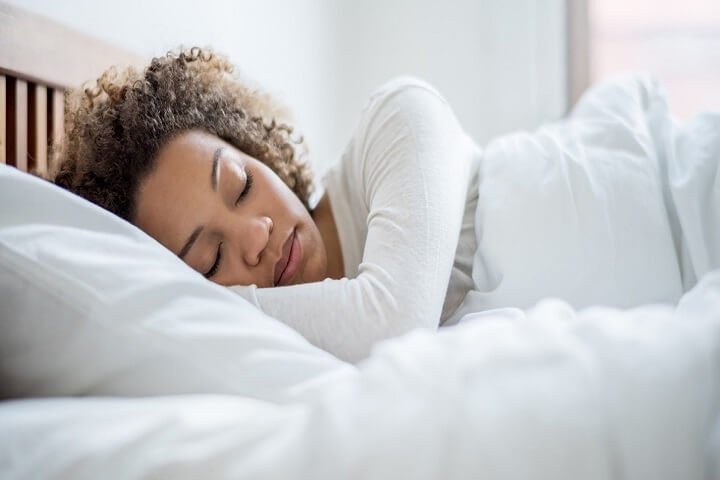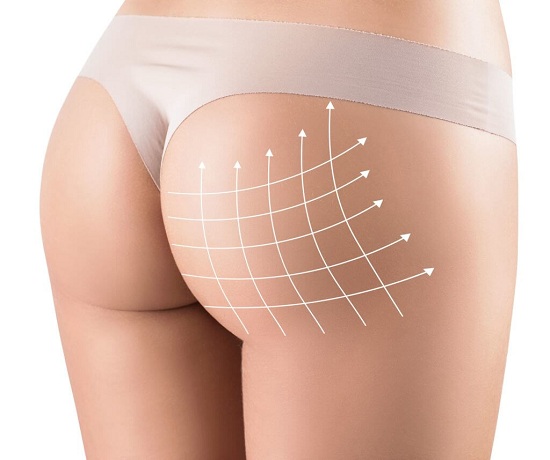Does your asthma become worse at night? Whereby you get symptoms such as wheezing, tight chest, shortness of breath, coughing, making sleep impossible, and ends up making you have poor quality sleep, and so you become irritable the next day. The reason you have nighttime asthma is because of the exposure to allergens such as dust mites. Also, when you lie on your back, it triggers an asthma attack as this position increases the post-nasal drip. How do you go about sleeping better with asthma? As you read on, are some ways that will help you sleep better with asthma.
Choice and use of mattress
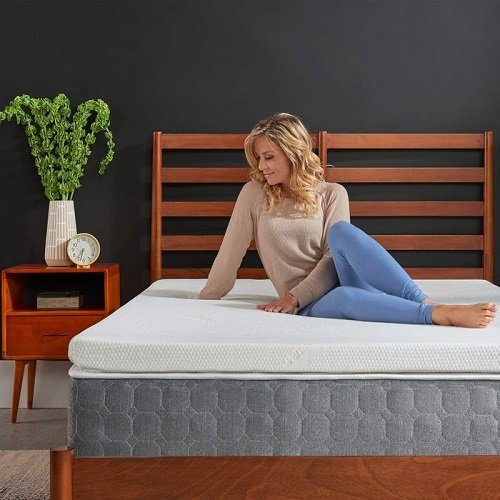
If your mattress is on the floor, you should keep it up off the floor. When it is on the floor, it means that you are closer to dust, dirt, and other germs that can get to your sleeping space with ease. So have your mattress on a bed frame as it limits exposure to these irritants. Also, if you are getting a new mattress, invest in the best hybrid mattress. Not only is it luxurious, but it is a perfect mattress for people with allergies. A dustproof mattress and pillow covers will protect you against dust and bacteria. When you have allergy covers, it makes it impossible for dust mites to get inside your bed and to hinder your breathing as you sleep at night.
Have a clean bedroom and bedding
One of the most common asthma triggers is a dusty bedroom. However, if you clean it often, it will minimize its effects. Therefore, pick up the clutter, dust, and do regular vacuuming to improve your indoor air quality, and also you will reduce any chance of an asthma attack. Additionally, it is vital to wash your bedding weekly in hot water where you can. Since hot water helps to kill most bacteria and allergens. Once you wash your bedding is well, dry it in the hottest place, as this high heat will sterilize the material and kill any allergens left. Ensure your beddings are dry before using them to avoid the growth of mold that triggers nighttime asthma symptoms.
Use both an air purifier and a humidifier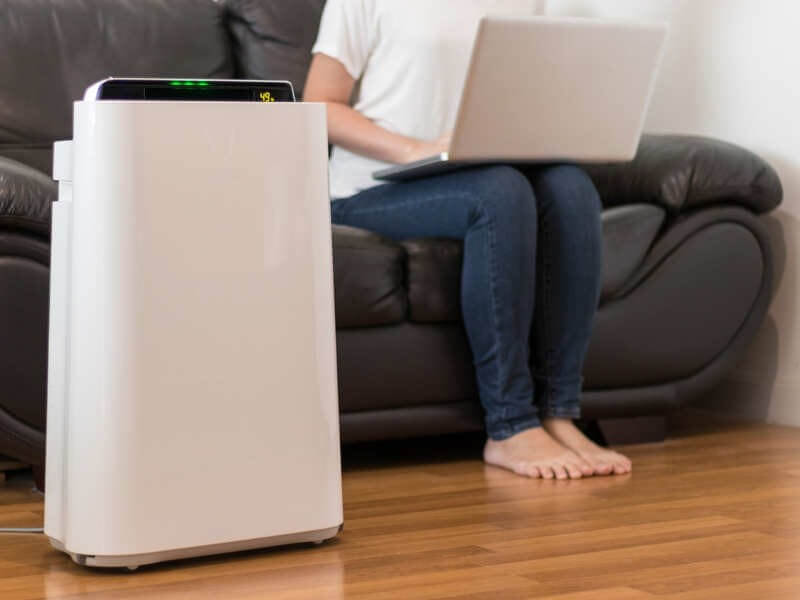
Dry air will irritate the throat and nasal passages, and as a result, it will make your asthma symptoms worse. When these allergens are in the air, they will cause morning congestion and also sneezing. Thus when you have no air purifiers and humidifiers, you may end up waking up with a sore throat as you were under the exposure of the allergens in the air. Hence, it is wise to invest in an air purifier and humidifier as you will have more moisture in the air and less irritation to the throat and nose. Most importantly, before you purchase these devices, ensure you consult a health care provider. A humidifier can increase dust mites in the room as it creates a living environment for them. While an air purifier will balance this out. However, depending on the severity of asthma you may be advised to keep off the humidifier.
Get tested for sleep apnea
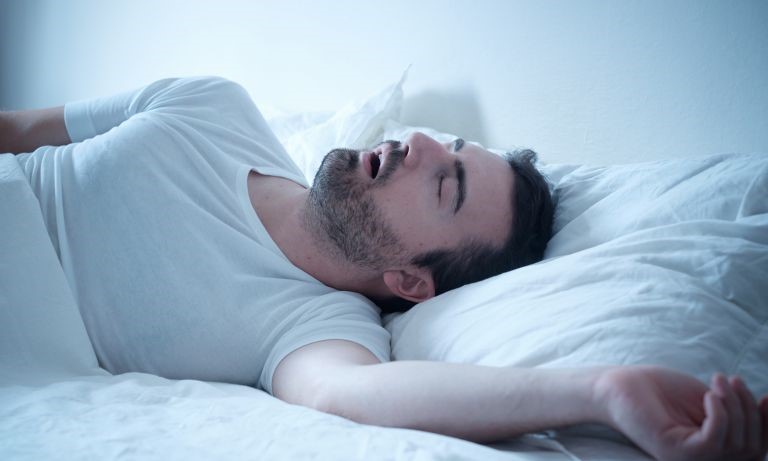
When you have asthma, you are at a high risk of developing sleep apnea. Since asthma causes congestion that causes snoring and may stop your breathing for a few seconds at a time as you sleep. Thus if you wake up feeling moody, tired, and sore in the morning even after sleeping a maximum of 8 hours. You must get tested for sleep apnea, for when left untreated, it has long-term effects like insomnia, excessive daytime sleepiness, and acid reflux.
To sum up, the above tips will help you sleep better with asthma but their other ways that you can ensure that you keep it at bay as well. For instance, you can close your windows to keep off outside dust mites, pollen, and animal dander as they can trigger an asthma attack. Also, ensure that you keep pets out of your room. Pet dander, in most instances, it triggers asthma symptoms, making sleep difficult. Thus, it is best to keep your pets out of your bedroom, as the dander sticks to carpets and bedding too.

